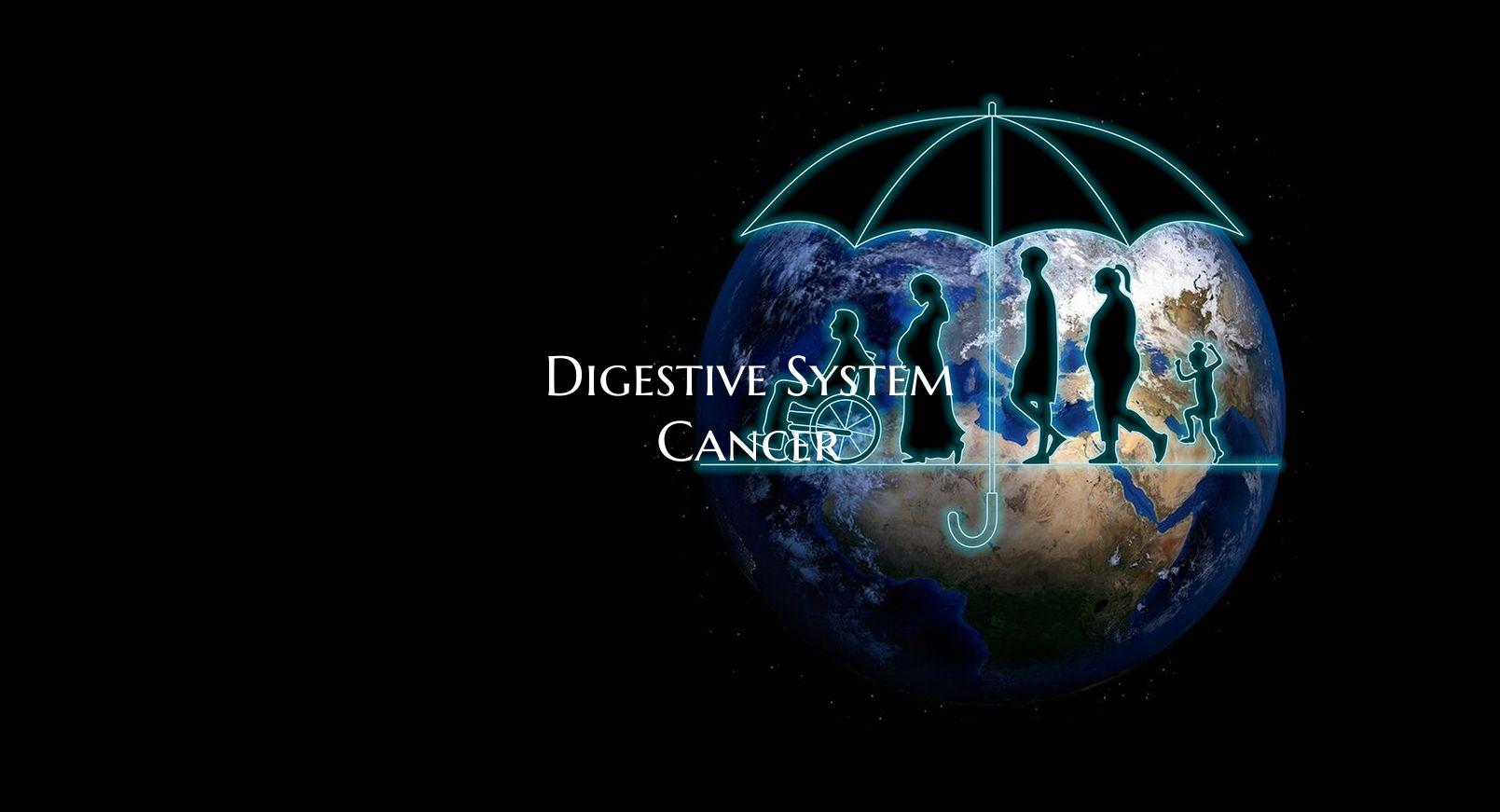
Digestive System Cancer
The human digestive system is an intricate network of organs working together to break down and absorb nutrients from the food we eat. Unfortunately, like any other part of the body, the digestive system is susceptible to various diseases, including cancer. Digestive system cancer refers to the abnormal growth of cells in the organs involved in digestion, such as the esophagus, stomach, liver, pancreas, colon, and rectum.
Types of Digestive System Cancers: 1. Esophageal Cancer: This type of cancer affects the esophagus, the tube that carries food from the throat to the stomach. It is more common in men than in women and is often linked to factors such as smoking, heavy alcohol use, and obesity. 2. Stomach Cancer: Also known as gastric cancer, this type of cancer develops in the lining of the stomach. Factors such as a diet high in salted, smoked, or pickled foods, as well as infection with Helicobacter pylori bacteria, are associated with an increased risk of stomach cancer.
3. Liver Cancer: Hepatocellular carcinoma is the most common type of liver cancer and is often associated with conditions such as chronic liver disease, hepatitis B or C infection, and excessive alcohol consumption. 4. Pancreatic Cancer: Pancreatic cancer begins in the tissues of the pancreas, an organ located behind the stomach. It is often challenging to diagnose in its early stages and tends to spread rapidly.
5. Colorectal Cancer: This type of cancer affects the colon or rectum and is one of the most common digestive system cancers. Risk factors for colorectal cancer include age, family history, a diet high in red meat and processed meats, sedentary lifestyle, obesity, and smoking.
Symptoms of Digestive System Cancer: The symptoms of digestive system cancer can vary depending on the type and stage of the cancer but may include persistent abdominal pain, unintended weight loss, changes in bowel habits, blood in the stool, indigestion, difficulty swallowing, and jaundice.
Diagnosis and Treatment: Early detection of digestive system cancer is crucial for successful treatment. Diagnosis typically involves a combination of imaging tests, biopsies, and blood tests. Treatment options may include surgery, chemotherapy, radiation therapy, targeted therapy, immunotherapy, or a combination of these approaches, depending on the type and stage of the cancer.
Prevention: While not all cases of digestive system cancer can be prevented, adopting a healthy lifestyle can help reduce the risk. This includes maintaining a balanced diet rich in fruits, vegetables, and whole grains, limiting alcohol consumption, avoiding tobacco products, staying physically active, and undergoing regular screenings as recommended by healthcare providers.
In conclusion, digestive system cancer is a serious health concern that can affect various organs involved in the complex process of digestion. By understanding the risk factors, symptoms, diagnosis, treatment options, and preventive measures associated with digestive system cancer, individuals can take proactive steps towards maintaining their digestive health and overall well-being.